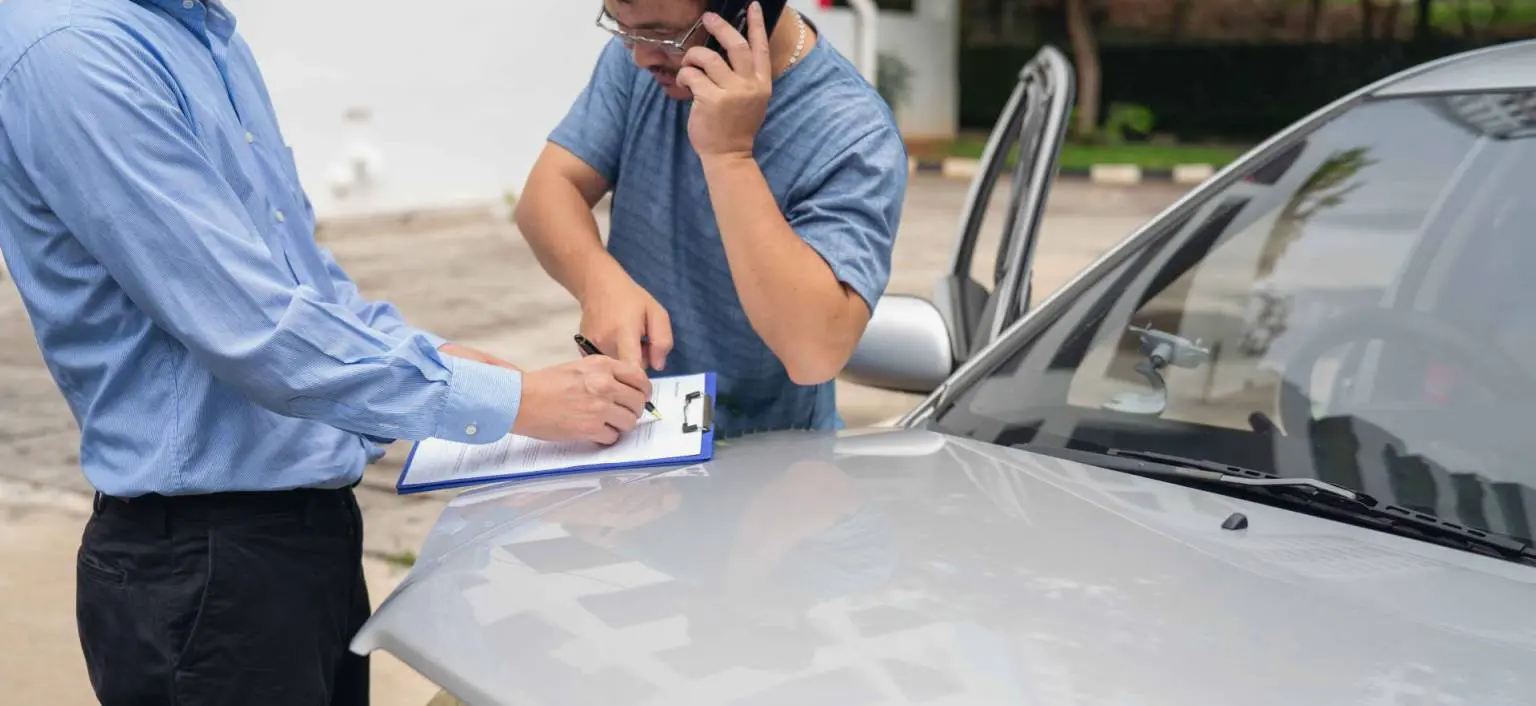
An Overview of Product Liability
Product LiabilityEvery year in the state of Texas, dangerous and defective consumer products are responsible for thousands of injuries. These products include almost every type of consumer item from children’s toys to electronics, appliances, tools, and vehicles of every kind. Product liability laws are based on society’s consensus that companies selling to the public have a duty to protect the public from a product’s actual and potential dangers. Under Texas product liability laws, manufacturers of dangerous or defective consumer items may be held liable and ordered to assume financial responsibility for any injuries or damages they cause.
Depending on the type of defect, distributors, wholesalers, and retailers may also be held accountable for defective and dangerous products they transport, distribute, or sell. There are three types of product defects that might lead to a consumer being injured and thus give rise to a product liability claim: design defects, manufacturing defects, and marketing defects. A design defect means the product is inherently unsafe. A manufacturing defect happens during a product’s production or assembly. Marketing defects are usually packaging or advertising mistakes such as inaccurate labeling, inadequate instructions, or insufficient safety warnings.
Product liability claims can be quite complicated legally, and establishing liability may require expert testimony. If you or someone you love is injured by a dangerous or defective consumer product, an experienced Texas product liability lawyer can explain your rights, and if you file a claim, that lawyer will recruit the witnesses you’ll need. When a product-related injury happens, seek medical attention first, and try to gather some immediate evidence – photos of the accident site and your visible injuries, a sales receipt or some other proof or purchase for the item, and the packaging and labels. Until you can speak to a lawyer, you will need to gather evidence yourself.
Consumers really should save all of their sales receipts and sales records, and here’s why. If you are injured, let’s say, using a power tool, and that tool has been sitting on a shelf in your garage for years, you may not remember where you bought it. Moreover, after a few years, a product’s labels become worn and faded, and you may not even be able to identify the company that made the product. Obviously, you can’t be reimbursed for an injury if you do not know who should be held liable.
WHAT HAS TO BE PROVEN IN A PRODUCT LIABILITY CASE?
If a product liability claim alleges negligence on the part of a product’s manufacturer, an injury victim (the “plaintiff”) must not only prove that there was negligence but also must prove that his or her injuries are a direct result of that negligence. To be precise, a plaintiff must prove these five points to win a negligence claim against a product’s manufacturer:
-The manufacturer owed a “duty of care” to the plaintiff.
-The manufacturer breached that duty of care.
-The breach was the actual cause of the plaintiff’s injury.
-The breach was also the proximate (or “legal”) cause of the injury.
-As a result, the plaintiff suffered real and compensable injury and damages.
In other words, in a product liability case, even if a plaintiff can prove that a manufacturer breached the duty of care, the plaintiff cannot recover damages without proving that no injury would have occurred if the manufacturer had not been negligent. The plaintiff must also prove that the defendant could and should have foreseen the product’s risks and dangers at or before the time of manufacturing. It’s a lot to prove, but if you have the evidence to prove your claim and the counsel of an experienced Texas product liability lawyer, your claim should prevail.
A claim in a product liability suit may be based on manufacturing negligence or on false or misleading information conveyed by the manufacturer or the seller of a product – a “marketing defect.” A person who relies on the information conveyed by the manufacturer or seller and who is injured as a result is entitled to file a product liability claim and receive full reimbursement for all medical expenses, lost wages, and all other injury-related expenses and losses.
Different product liability rules have been developed regarding used products. In most instances, those who repair, rebuild, or recondition consumer products are liable for their own work but are not necessarily subject to liability for any product that is inherently defective. Once again, it depends on the product and the precise circumstances of an accident or injury. If you are injured using any consumer product, new or used, explain what happened to a product liability lawyer who can determine if you have grounds to take legal action.
WHAT DEFENSES ARE OFFERED IN PRODUCT LIABILITY CASES?
Typically, the defendant in a product liability case will countercharge that the plaintiff misused the product in a way that the manufacturer could not have foreseen or misused the product by violating or ignoring the instructions and warnings. If you drop an automobile battery and break your foot, your own negligence injured you, and you have no claims. But if that same battery explodes while you’re driving, causes an accident, and you’re injured, you probably have a strong product liability claim. To win a product liability lawsuit, a plaintiff must have been using the product as it was meant to be used.
Many product-related injuries can be severe, long-term, disabling, and permanent. Brain injuries, in particular, can emerge incrementally over time to become serious and disabling. Those who sustain burn injuries can suffer from long-lasting physical and emotional scars. When the defective or dangerous product is an auto part, everyone on the road is at risk. When a defective or dangerous product is a pharmaceutical drug, the consequences can be devastating or deadly.
HOW CAN YOU PROTECT YOURSELF FROM DANGEROUS PRODUCTS?
There’s nothing we can do to guarantee that we’ll never be injured by a consumer product. Our ancestors didn’t have to worry about defective tires or exploding batteries, but in the modern world, there are simply too many things that can go wrong. The best advice is simply reading and following the directions for every product you buy, keeping your vehicles maintained, and staying abreast of product recalls.
Various federal regulatory agencies list on their websites most of the products that are currently being recalled; the National Highway Traffic Safety Administration website, for instance, provides current vehicle recall information, and the Consumer Product Safety Commission website offers recall information regarding most appliances and household items. Many local TV and radio stations provide similar listings on their own sites. Again, there are no guarantees. Staying abreast and staying aware is the best way to avoid being injured by consumer products.









